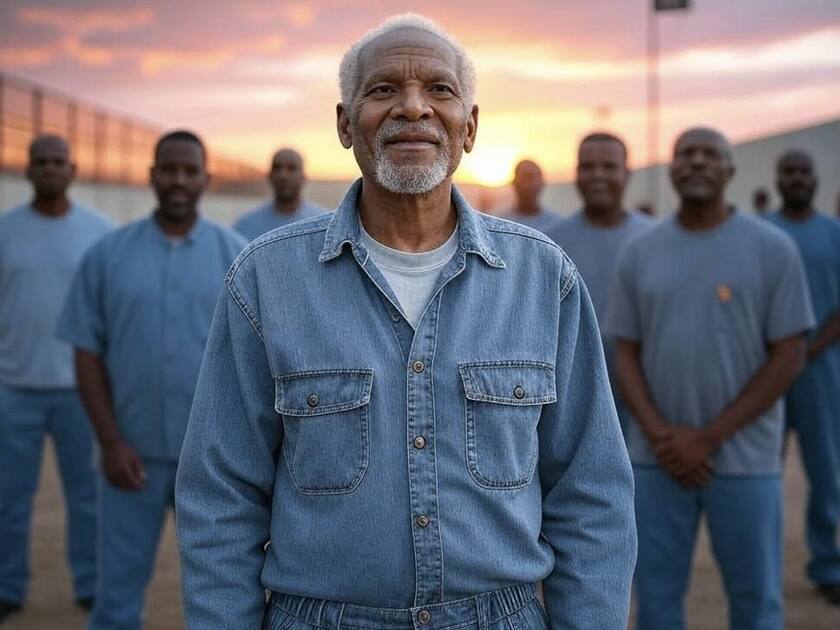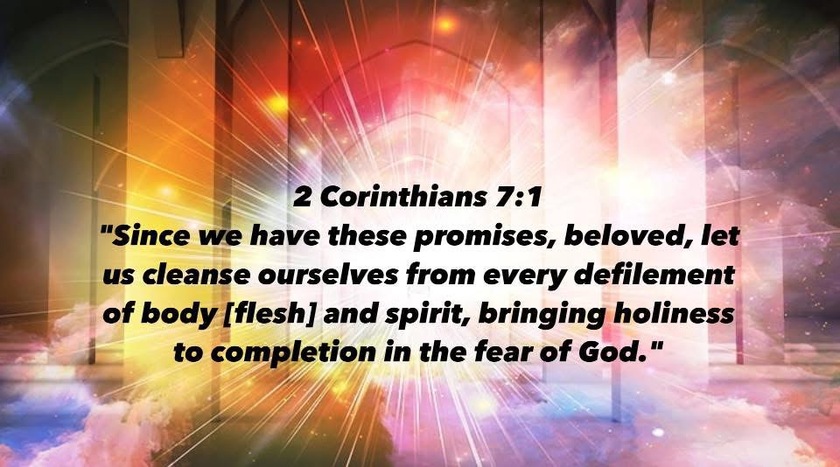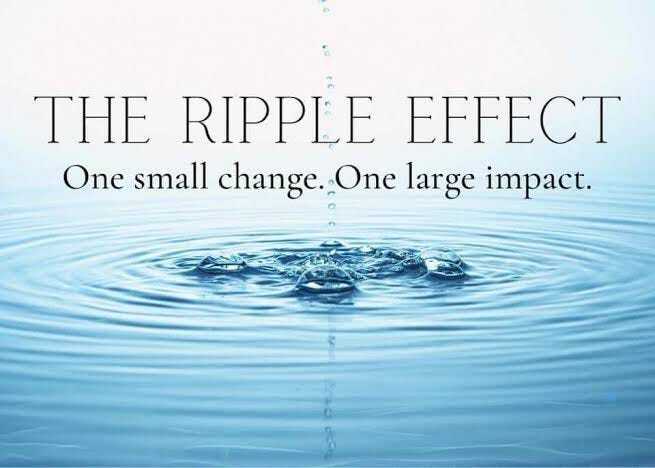From Bethesda to Kairos: How Jesus Uses the Least to Transform Lives
John 5:2-6
Now there is in Jerusalem by the Sheep Gate a pool, in Aramaic called Bethesda, which has five roofed colonnades. In these lay a multitude of invalids—blind, lame, and paralyzed. One man was there who had been an invalid for thirty-eight years. When Jesus saw him lying there and knew that he had already been there a long time, he said to him, "Do you want to be healed?"
Here we have another special selected encounter with Jesus that John the gospel writer is sharing with us. And it's important to remember that John finishes his gospel by telling us as much, when he says there are so many stories that could be told that the whole world couldn't contain them. So, we should understand that John intends that this interaction will convey some meaningful insight into the person who is Jesus.
Jesus’ words in passages like Mark 9:23, "All things are possible for one who believes", underscores the profound role of faith in experiencing God’s transformative power. Jesus asks the invalid, "Do you want to be healed?" While the man’s response shows limited understanding, Jesus’ act of healing demonstrates that divine grace can meet us where our faith is weak. And so, we can see from this that any degree of faith is able to make you well. Faith acts as a conduit for God’s power, not our own, aligning our hearts with His will.
There is this idea that what you believe is what becomes your reality. Kind of like whatever desire you feed is the desire you'll love. So our faith becomes our reality. This concept suggests that our beliefs and the desires we nurture shape our perceptions, actions, and ultimately our experiences. It's as if we create our situations, we invent them and then we activate that experience.
In John 5:2-6, the invalid at the pool of Bethesda had been in his condition for 38 years, likely shaping his worldview around his limitations and dependence on the pool’s supposed miraculous waters. He'd been lying around there for a very long time. And he remained in that crippled condition hoping and waiting, alone, yet surrounded by others like him.
He believed healing was tied to the pool and his inability to access it, which became his reality of hopelessness and stagnation. What do you think he thought when Jesus spoke..."Get up, take up your bed, and walk" (John 5:8). Do you think he looked cross-eyed at him and shook his head?
Though the man’s faith is not explicitly strong, his act of obeying Jesus’ command suggests a moment of openness to a new belief. His response suggests a genuine willingness to obey Jesus. He didn't pause, but jumped up healed from his lifetime of affliction. By acting on Jesus’ word, the man’s reality changes from paralysis to mobility, illustrating how belief in Jesus’ power can transform one’s experience.
This man was bound to a cycle of disappointment, but this old dog was able to learn a new trick. His encounter with Jesus aligns with the broader scriptural teachings, such as Romans 12:2, which urges believers to "be transformed by the renewal of your mind." Jesus offers a new object of desire: Himself as the source of life and healing. By responding to Jesus, even imperfectly, the man begins to experience a reality where healing is possible, suggesting that feeding faith in Jesus cultivates a love for His transformative power.
We no nothing about the rest of his life, we don't even know his name. But I wonder what became of him. I wonder if his new life went on to become a blessing for others. Did he go on to help others at the poolside? Maybe helping others get into the water or maybe talking about faith in Jesus Christ to them.
This situation brings to my mind my own experiences. I wasn't an invalid in the physical sense, but I was trapped in my own cycle of disappointment and unbelief. In fact my entire life was a series of negative emotions and failures to thrive. Addiction, seduction, anxiety, and ignorance all contributed to my foolishness. I was a prodigal and accomplished in making poor choices.
The other day I was in our Kairos Prison Ministry team meeting, and as is our habit, we were sharing an introduction for the group. One of the intro questions is "why are you in Kairos?" When my time to reply came I talked about my experience as a younger man and how I wished, while going through that period of my life, that someone would come and help me out of that place.
You see, I always knew I was on the wrong path. In fact, I really hated that path. But somehow, I couldn't bring myself to correct my mistakes. I even believed that I couldn't just get up and walk away from it. I believed I was incapable of making decisions that would rescue me from this reality. I wasn't good enough for that. Sometimes I would blame my Dad for telling me my entire childhood that I would never amount to anything. Other times I blamed my absent family and mother. But mostly, in my private time I blamed myself. I truly believed I would never amount to anything. And so, it was expected that I'd chase after the junk I chased after. I can still see clearly in my memories the mocking look of my mother's father as he insulted me to my face. His firstborn grandson on my mother's side. Just the look of disdain and disrespect. I don't know what I ever did to him, but his look was how I also felt about myself. Our relationship, such as it was, pretty much reflected my own feelings of self-worth. I had no faith in myself, let alone Christ.
But you see, it was a perfect place to be for a man like me. I can relate to the man at the pool. 38 years he was trapped in his situation. And you would have thought he would have just shrugged off Jesus' question at that point. But somehow he was primed for the healing. Jesus shows up and the rest is history. His lack of faith didn't limit his ability to win the day. Jesus walked into his life and he walked away a new man.
I told my Kairos teammates that God sent me an angel, my wife. And through her I received grace and learned about a reality I never thought I could have. I received the family I never had. I was blessed with children and a home. My time in the overwhelming dark was over. Light had finally arrived. And so, I told them that I do Kairos in a prison because I want to be that guy that I always wished would come into my situation. I want to share Jesus' light with them so that they'll know what I now know. I want to help them get up and walk in Christ.
That's what I see in the prison, it's just another Pool of Bethesda. And it's filled with people who need healing. And Jesus told us that we are serving his purposes when...
Matthew 25:36-40
"I was naked and you clothed me, I was sick and you visited me, I was in prison and you came to me."
In the Kairos Prison Ministry, we learn firsthand in real-time the profound truth that faith in Jesus can reshape any reality, breaking chains of hopelessness and opening doors to new life.
Did the man at the pool become an evangelist for Jesus?
We don't know, but we do know that the healing occurred on the Sabbath, sparking a controversy among the Jewish leaders (John 5:10-16). The man’s act of carrying his bed and his later testimony, "The man who healed me said to me, ‘Take up your bed, and walk’" (John 5:11), made him a public witness to Jesus’ power, whether intentional or not.
I bet he did become a powerful figure in the early church, but his humble nature made him invisible at least in the ways that people make note of. And I bet he doesn't care that he's not a well known influencer. Because he knows something better, he knows without a doubt that he's a child of God, blessed by Jesus Christ. He did amount to something after all.
What can we take away from this?
The invalid, simply by obeying Jesus and sharing his experience, becomes a conduit for this revelation. His testimony, though seemingly straightforward, challenges the religious status quo and draws attention to Jesus’ transformative work. Like the Samaritan woman (John 4), who led her village to Jesus, or the healed demoniac (Mark 5:18-20), who proclaimed Jesus’ works in the Decapolis. Jesus uses unexpected people to get his word out. Many early Christians, especially those from marginalized backgrounds, weren’t recorded in history but were vital to the church’s growth (e.g., the "unnamed disciples" in Acts). The invalid’s lack of fame aligns with Jesus’ teaching that the "least of these" are great in God’s kingdom (Matthew 25:40, Luke 9:48).
Maybe he wants to use you. All it takes is a little faith. Open the door and walk through it.




















